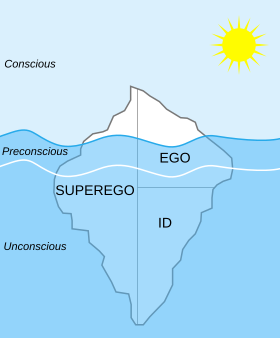1. If your child lies to you often, it is because you over-react too harshly to their inappropriate behavior.
2. If your child is not taught to confide in you about their mistakes, you’ve lost them.
3. If your child had poor self-esteem, it is because you advice them more than you encourage them.
4. If your child does not stand up for themselves, it is because from a young age you have disciplined them regularly in public.
5. If your child takes things that do not belong to them, it is because when you buy them things, you don’t let them chose what they want.
6. If your child is cowardly, it is because you help them too quickly.
7. If your child does not respect other people’s feelings, it is because instead of speaking to your child, you order and command them.
8. If your child is too quick to anger, it is because you give too much attention to misbehavior and you give little attention to good behavior.
9. If your child is excessively jealous, it is because you only congratulate them when they successfully complete something and not when they improve at something even if they don’t successfully complete it.
10. If your child intentionally disturbs you, it is because you are not physically affectionate enough.
11. If your child is openly defiant, it is because you openly threaten to do something but don’t follow through.
12. If your child is secretive, it is because they don’t trust that you won’t blow things out of proportion.
13. If your child talks back to you, it is because they watch you do it to others and think its normal behavior.
14. If your child doesn’t listen to you but listens to others, it is because you are too quick to jump to conclusions
15. If your child rebels it is because they know you care more about what others think than what is right
Reference -
http://www.subramoney.com/2014/12/you-and-your-child/


